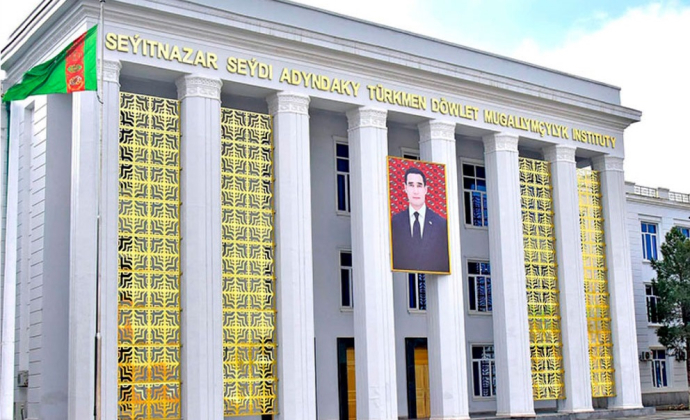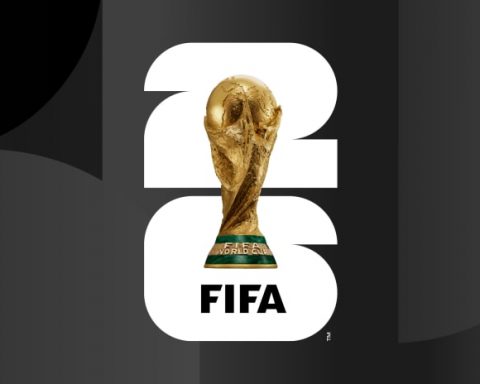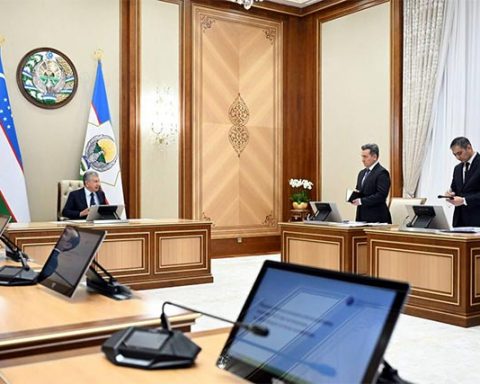This month, UNESCO is launching the first global course dedicated to this issue. More than 9,000 participants from 160 countries have already signed up for the online classes.
“Digital content creators have taken an important place in the global information ecosystem and have drawn the attention of millions of people to cultural, social, or political news. However, many of them face misinformation and hate speech in the online space and want to receive training to combat these phenomena,” said UNESCO Director-General Audrey Azoulay.
“As part of its mandate on media and information literacy, UNESCO will support them through the first-ever global training course,” she added.
UNESCO’s “Before the Screen” survey is the first global analysis of the motivations and behaviors of digital content creators, as well as the challenges they face. It involved 500 “influencers” [bloggers, social media users who can potentially influence the opinions and behaviors of a wide audience – ed.] from 45 countries, and experts from the special research group at Bowling Green State University, USA.
The survey showed that fact-checking is not the norm when creating digital content. Additionally, creators struggle to determine the best criteria for assessing the reliability of information they find online.
42 percent of respondents said they use the “number of ‘likes’ and ‘shares’ a post receives” on social media as the main indicator. 21 percent of respondents are willing to share content with their audience if it was posted by “friends they trust,” and 19 percent said they rely on the “reputation” of the author.
UNESCO notes that professional journalists could help influential bloggers and other social media users verify the reliability of information, but these two communities are not always closely connected and rarely collaborate.
Major news media are only the third most common source for digital content creators after their own research and interviews, with only 36.9 percent of influencers drawing information from them.
The survey also showed that most digital content creators (59 percent) are either not familiar with the regulatory frameworks and international standards related to digital communications or have only heard of them. Just over half of respondents (56.4 percent) are aware of relevant training programs. And only 13.9 percent of those who are aware of these programs have participated in them.
Due to a lack of legal literacy in this area, digital content creators can find themselves in difficult situations and, in some cases, even face legal action. They also often do not know how to defend their rights when someone tries to censor their activities or behave aggressively towards them.
For example, about a third (32.3 percent) of digital content creators reported being attacked with hate speech. But only 20.4 percent of them reported such incidents to social media moderators.
The training course for influencers was developed by UNESCO in collaboration with the Knight Center for Journalism in the USA. It aims to provide content creators with tools to combat misinformation and hate speech, as well as a solid legal foundation in digital communications and information.
The course program was created by experts in media and information literacy in close collaboration with leading influencers worldwide, based on real cases faced by digital content creators.
Participants will learn to find reliable sources and cite them correctly, evaluate and verify the quality of information, identify misinformation and hate speech, report them to the appropriate authorities, and collaborate with journalists and traditional media.
After completing the course, UNESCO will continue to work with its graduates to create a digital community that shares experiences, promotes the principle of reliability and accuracy of information on a large scale, and raises awareness on these issues among their peers.
UNESCO plays a crucial role in combating the rise of misinformation on the internet. In 2023, the organization published the first Guidelines for Digital Platform Governance to help governments and regulatory bodies address the growing “pollution” of the global information ecosystem. UNESCO also supports independent journalism by expanding people’s media and information skills.








